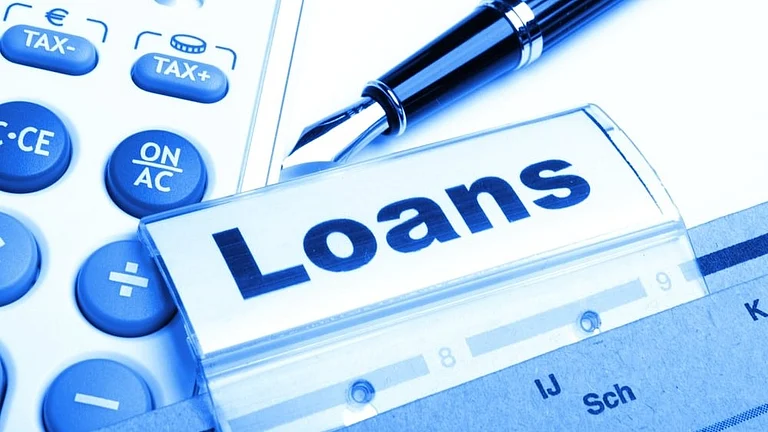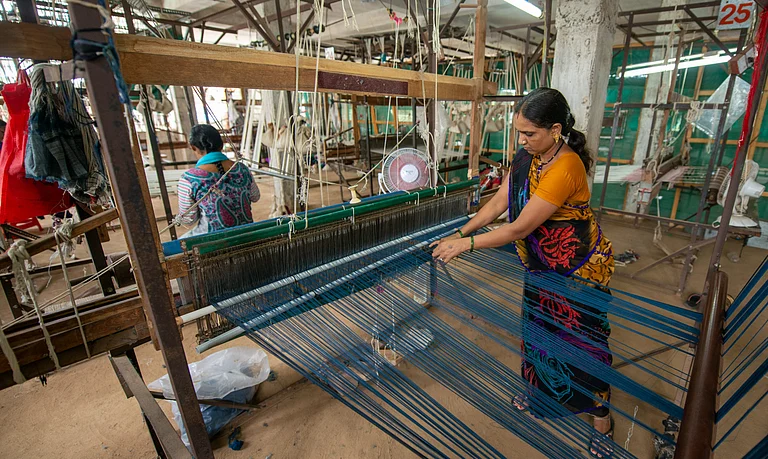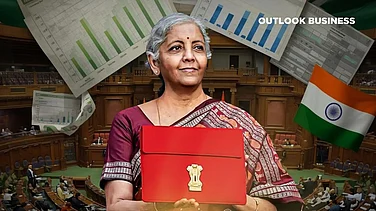India has witnessed the emergence of the direct-to-customer (D2C) space in recent years, with categories such as hygiene and personal care, beauty and skincare, and healthy snacks and beverages leading the pack.
India’s D2C industry is expected to touch $20 billion by 2030, growing at a CAGR of 35 per cent from $2 billion in 2022, as per a Deloitte report titled ‘Emerging Landscape of Omni-Channel Commerce in India’.
The growth of private labels, improved access to financing solutions for businesses, and the rise of emerging technologies such as augmented and virtual reality (AR and VR), experiential commerce, and quick commerce have made the route to D2C a common option for businesses.
Both—the erstwhile brick-and-mortar outlets and new businesses—are increasingly looking at the D2C route by riding on the digitization wave and leveraging India’s digital public infrastructure, such as Aadhaar and digital payments. A recent addition to this, in the form of ONDC, promises to democratize commerce and offer smaller businesses a level playing field by riding on technology.
As the newly elected government readies the Union Budget for 2024–25, Deloitte India Partner Anand Ramanathan shares his thoughts in an exclusive interaction with Outlook Business on what to expect from the government’s annual financial statement for the D2C sector.
Could you tell us about the gaps in the MSME and D2C ecosystems that the government can address through this year’s Union Budget?
More than gaps, I think there are opportunities from an MSME standpoint. Given how the D2C (space) is growing, one big area is around ONDC. For instance, making ONDC more effective in catering to the MSME sector and also promoting faster and accelerated growth for ONDC so that MSMEs can gain from it. Incentivizing both selling and production for those involved in selling on the platform is one of the things that can be done. Also, FPOs (farmer producer organizations) and cooperatives who come to sell on that platform (ONDC) can be incentivised.
The second area for MSME is also to look at creating geographical clusters. We have seen in the past that certain clusters do well, especially when they're export-dependent or where there is some natural advantage in that area. What we need is to identify at least one product that a region or cluster can specialize in, then provide everything—from PLIs for the larger players to an ecosystem in terms of making loans available for MSME ancillaries.
I think we have always focused too much on some broad sectors. We need to start bringing in some specialization. If we want to own sectors such as space, defense, and semiconductors, the MSME ecosystem also has to develop within these specific sub-sectors.
The third area is export incentivization, since exports also improve the ecosystem. We can start by making markets available for MSMEs. A lot of things are done on the supply side: the government invests in infrastructure and helps them access financial services. But we must also help them find markets. FTAs (free trade agreements) in more countries will incentivize and help MSMEs.
What can be done for faster adoption of ONDC?
ONDC is a platform that is scaling currently. Their biggest challenge is to help scale the small stores in the physical world. One of the biggest areas where you can have interventions is to see how small businesses can be onboarded and get them to sell a larger proportion of stocks through ONDC.
The government needs to see if they can start incentivizing sales made through ONDC as a platform. This will be a one-time exercise, but it will get people on board the network.
What can help build a robust ecosystem for D2C businesses?
I think skillful labor can play a big role. We have so many D2C companies and all the people delivering their goods. Training these people can also be shouldered by the wider ecosystem, rather than just depending on private players.
The skill of labor is then linked to logistics. There is a lot of focus on infrastructure building at the national level. But we also need to focus on the state of infrastructure near the centers of activity, which are urban. We need to also look at what is being done to bring down the cost of logistics and incentivize MSMEs to get into logistics and 3PL, which is key to D2C.
What measures can help D2Cs ease doing business?
There can be a simplification of GST. If you look at some categories where there is bundling of products, like cosmetics, there are different tax rate slabs for products in different sub-categories.
So, we can probably have a common tax slab for broad categories (of products) that go together rather than looking into the category and then having different rates for different subcategories.
Is there anything else that the budget should specifically address for the D2C space?
The budget should promote consumption and focus on the middle-income category. A lot of our affluent households have been driving consumption in the last two years. However, the next wave of growth for D2C brands will come from Tier-2 and Tier-3 locations.
I think there is a lot of potential there, and we are looking at about 110 million households getting added in the next decade.
Just like how low-cost housing will promote durable sales, which will in turn promote electronic sales. Similarly, something like tourism will promote a lot of jobs in rural areas, which will then drive up consumption.
So, investments in all the areas that touch middle-income households are really important. I think that's the larger picture that the budget needs to focus on.






.jpg?w=801&auto=format%2Ccompress&fit=max&format=webp&dpr=1.0)
























